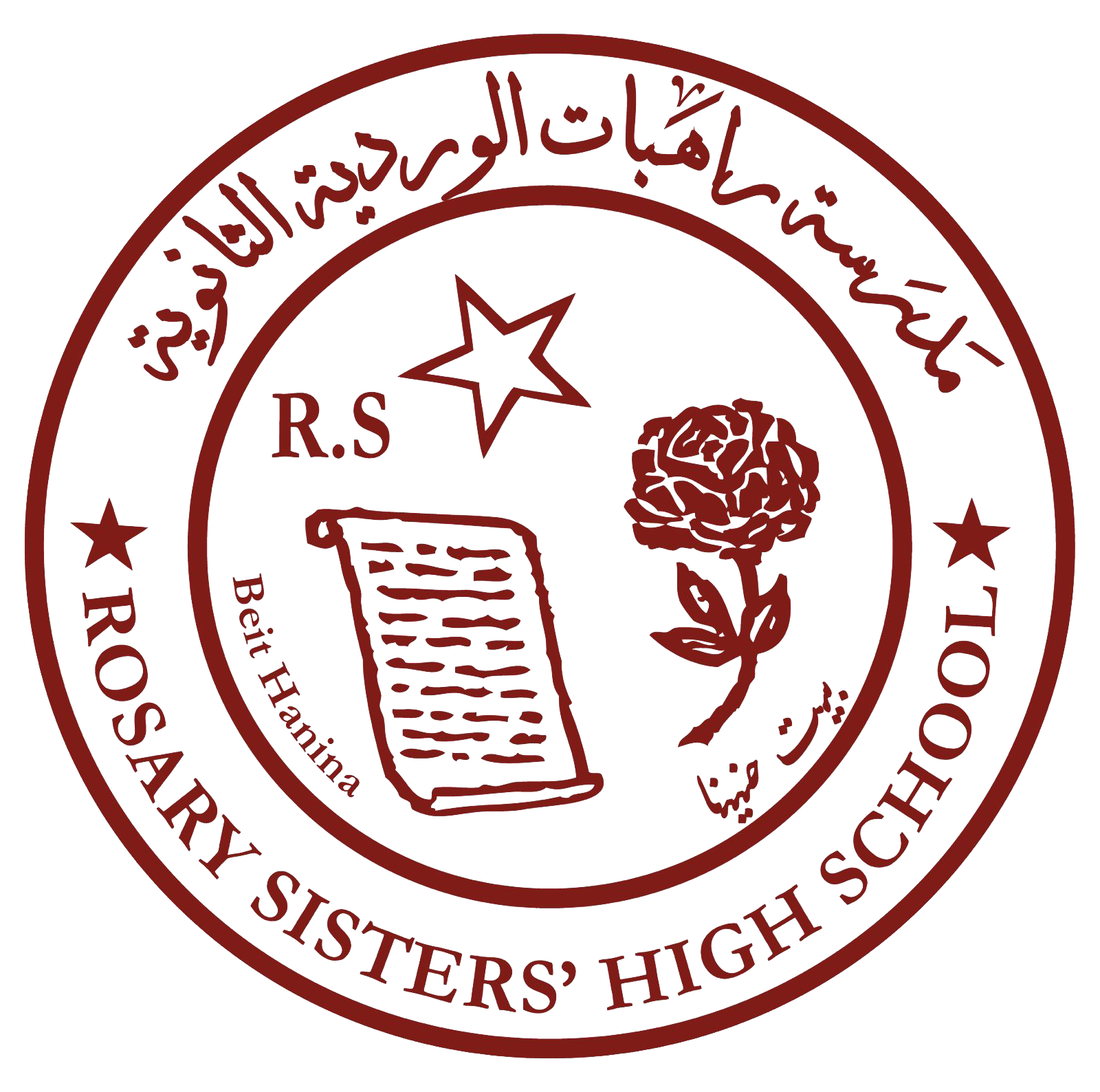Computing Activities
Robotics integrates interdisciplinary knowledge as it combines elements of science, technology, engineering, and mathematics (STEM) with art and design. Robotics enhances students’ problem-solving skills, critical and logical thinking, fosters their creativity and innovation, promotes collaboration and teamwork, deploys engineering concepts and encourages persistence and resilience.
Our students learn to build and program autonomous robots using LEGO MINDSTORMS EV3 Core set within the seventh grade. They also learn to work as engineers and physicists by conducting some experiments investigating a phenomena or concepts withing physical science and technology.
As our students advance in their learning, withing 11th grade, they learn to build control systems with Arduino which integrates knowledge from various disciplines, including mathematics, physics, and computer science. This interdisciplinary approach helps students see the relevance of their studies in real-world applications and create systems that can interact with the physical environment. Building control systems requires students to identify problems, design solutions, and troubleshoot issues. This process enhances their analytical thinking, problem-solving skills and innovation. Students write and test code that directly interacts with hardware, fostering a deeper understanding of software-hardware integration. Students develop a range of technical skills, including circuit design, soldering, and hardware assembly. These practical skills are valuable in engineering and technology fields. As students work in teams, they learn to communicate effectively, share ideas, and work together to achieve common goals.
Moreover, we build a team of around 10 students from 7th or 8th graders to participate in FIRST LEGO LEAGUE (FLL) Challenge Competition. FLL programs seek to motivate youth to explore and enhance their critical thinking, coding, and design abilities through enjoyable, practical STEM education and robotics. Each year, FLL releases a new challenge based on a real-world scientific theme. In the FLL Challenge, students participate in research, problem-solving, coding, and engineering, constructing and programming a LEGO robot to complete various tasks in a robot game.
